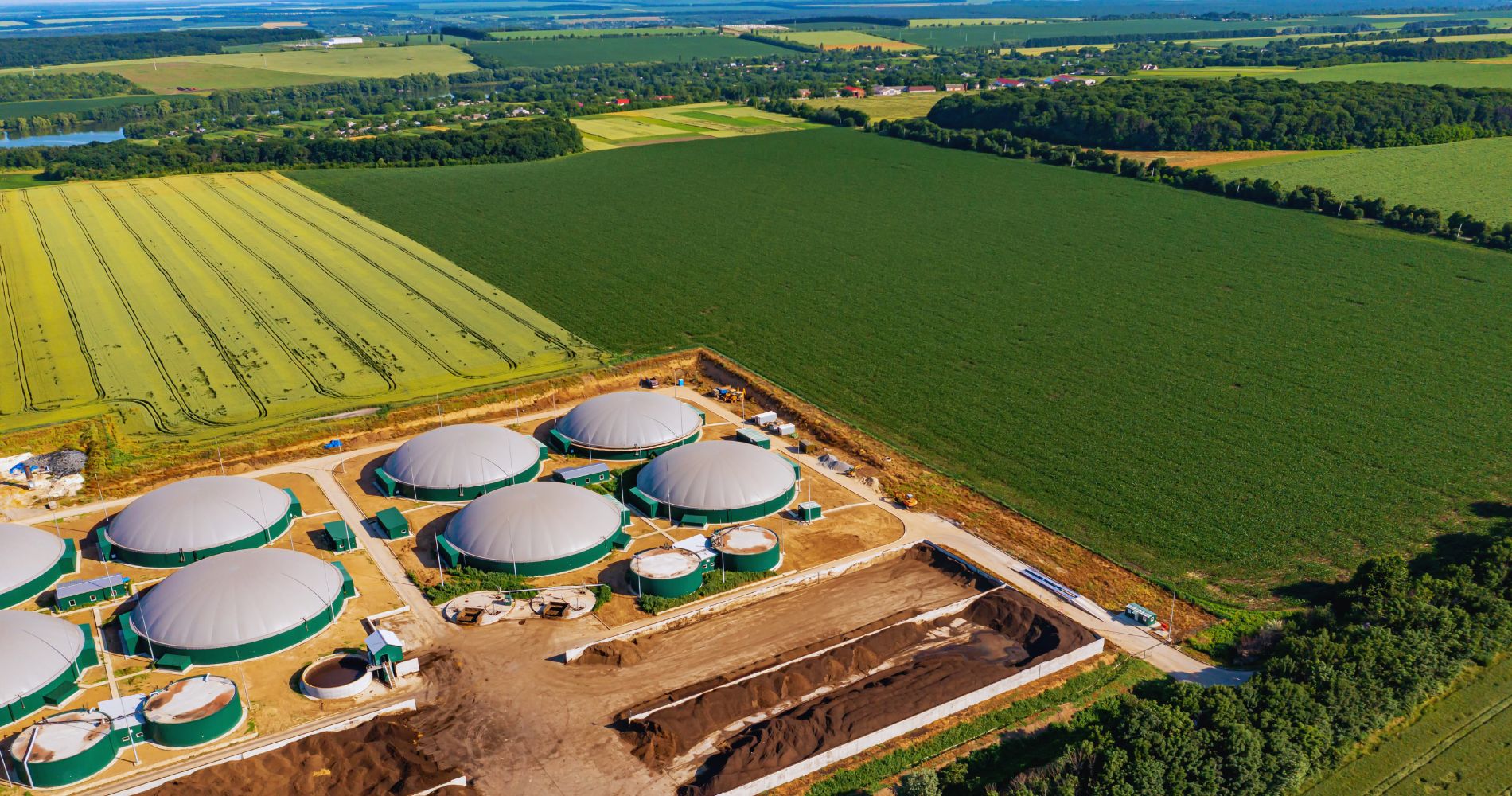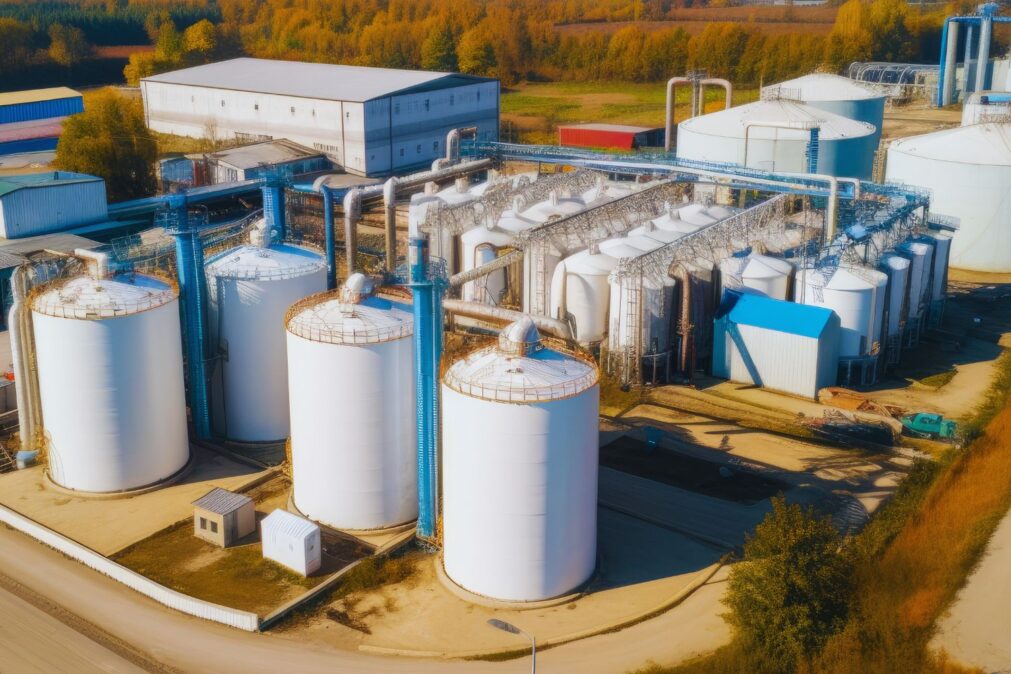Brazil, despite having a vast potential for biogas production, currently exploits only a fraction of this capacity. With 934 plants in operation, the country generates around 3.5 billion cubic meters of biogas annually, which represents just 4.4% of its total capacity estimated at 78 billion cubic meters. This underutilization represents a lost opportunity, not only in environmental but also economic terms.
Reducing Emissions and Creating Jobs
Research released at the 10th Biogas Forum in São Paulo reveals a direct correlation between biogas production and the reduction of greenhouse gas emissions. Fully utilizing Brazil’s biogas capacity could result in the removal of 642 million tons of greenhouse gases from the atmosphere. Furthermore, this expansion has the potential to generate around 798 thousand jobs, highlighting biogas as a vector of sustainable economic development.
Biogas: A Sustainable Alternative
Biogas is produced from organic waste, offering a solution for waste management and reducing environmental contamination. When purified, it turns into biomethane, a direct substitute for natural gas, with the advantage of emitting 90% less greenhouse gases throughout its production chain. This characteristic makes biogas a promising energy alternative to fossil sources, aligned with global sustainability objectives.
The Path to Biogas Expansion
The study conducted by Tiago Quintela Giuliani, specialist in national policies for the GEF Biogás Brasil project, emphasizes the importance of biogas in replacing fossil fuels, such as diesel in trucks and buses. Successful experiments are already underway, with companies like Scania leading the transition to biogas-powered vehicles.
Regional Impact and Employability
The survey points out that the biogas sector can advance in all regions of Brazil, with emphasis on the Southeast and South, due to the presence of agribusiness segments that provide inputs for biogas production. Furthermore, each million cubic meters of installed biogas capacity generates approximately 11.5 jobs, surpassing other segments of the energy sector in terms of employability.
Conclusion
Biogas emerges as a sustainable energy solution with multiple benefits. In addition to contributing significantly to the reduction of greenhouse gas emissions, it promotes economic development through the creation of jobs. The expansion of Brazil’s biogas sector represents a valuable opportunity for the country to lead in the energy transition, aligning with global efforts to combat climate change. Collective action and commitment to sustainable solutions are essential to ensuring a greener and more prosperous future.






